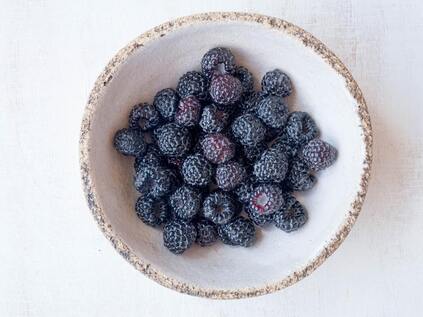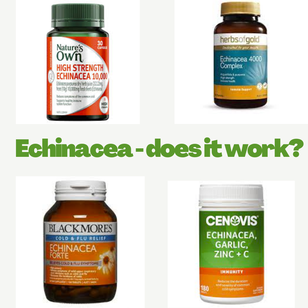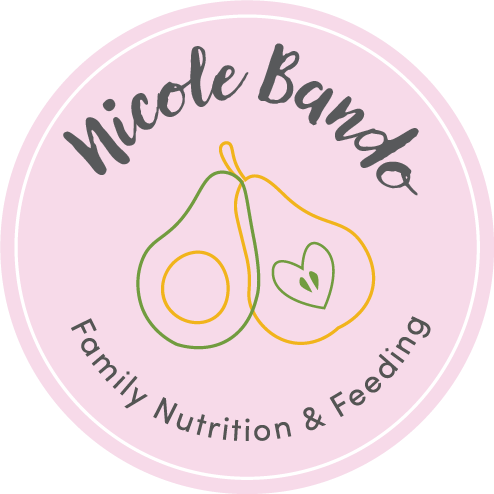Nicole Bando | Dietitian & Lactation Consultant
Search by typing & pressing enter
Search by typing & pressing enter
Search by typing & pressing enter
Nutrition and Breastfeeding Articles

‘It is hard to know what to believe with so much conflicting nutrition
information. I provide you with the latest evidence-based facts.’
Categories


Echinacea is a plant that is widely used to treat the common cold. There are nine known species that are all native to North America. The most common species used in dietary supplements are Echinacea purpurea or Echinacea angustifolia. Echinacea available for purchase can vary greatly due to different types, preparation, and parts of the plant being used.
Many studies have investigated effects of Echinacea, with varying outcomes and no clear understanding that Echinachea helps to prevent a cold. However, studies have shown that some preparations of Echinacea purpurea can help to shorten the duration & severity of the common cold. This may be effective in adults, but not in children.
It is recommended that Echinacea preparations shouldn’t be consumed for longer than 8 weeks. At this stage, no harmful side effects are known, but the evidence for long-term use is still very limited.
References:
Sachin A Shah, Stephen Sander, C Michael White, Mike Rinaldi, Craig I Coleman, Evaluation of echinacea for the prevention and treatment of the common cold: a meta-analysis,The Lancet Infectious Diseases, Volume 7, Issue 7, 2007, Pages 473-480, https://doi.org/10.1016/S1473-3099(07)70160-3.
Linde K, Barrett B, Bauer R, Melchart D, Woelkart K. Echinacea for preventing and treating the common cold. Cochrane Database of Systematic Reviews 2006, Issue 1. Art. No.: CD000530. DOI: 10.1002/14651858.CD000530.pub2. Accessed 26 June 2022.
National Center for complementary and integrative health. Echinacea. NIH. 2020. Available at: https://www.nccih.nih.gov/health/echinacea. Accessed on 26 June 2022.
By Emma McShane, Dietitian. Edited by Nicole Bando, APD, IBCLC, July 2022

Echinacea is a plant that is widely used to treat the common cold. There are nine known species that are all native to North America. The most common species used in dietary supplements are Echinacea purpurea or Echinacea angustifolia. Echinacea available for purchase can vary greatly due to different types, preparation, and parts of the plant being used.
Many studies have investigated effects of Echinacea, with varying outcomes and no clear understanding that Echinachea helps to prevent a cold. However, studies have shown that some preparations of Echinacea purpurea can help to shorten the duration & severity of the common cold. This may be effective in adults, but not in children.
It is recommended that Echinacea preparations shouldn’t be consumed for longer than 8 weeks. At this stage, no harmful side effects are known, but the evidence for long-term use is still very limited.
References:
Sachin A Shah, Stephen Sander, C Michael White, Mike Rinaldi, Craig I Coleman, Evaluation of echinacea for the prevention and treatment of the common cold: a meta-analysis,The Lancet Infectious Diseases, Volume 7, Issue 7, 2007, Pages 473-480, https://doi.org/10.1016/S1473-3099(07)70160-3.
Linde K, Barrett B, Bauer R, Melchart D, Woelkart K. Echinacea for preventing and treating the common cold. Cochrane Database of Systematic Reviews 2006, Issue 1. Art. No.: CD000530. DOI: 10.1002/14651858.CD000530.pub2. Accessed 26 June 2022.
National Center for complementary and integrative health. Echinacea. NIH. 2020. Available at: https://www.nccih.nih.gov/health/echinacea. Accessed on 26 June 2022.
By Emma McShane, Dietitian. Edited by Nicole Bando, APD, IBCLC, July 2022
